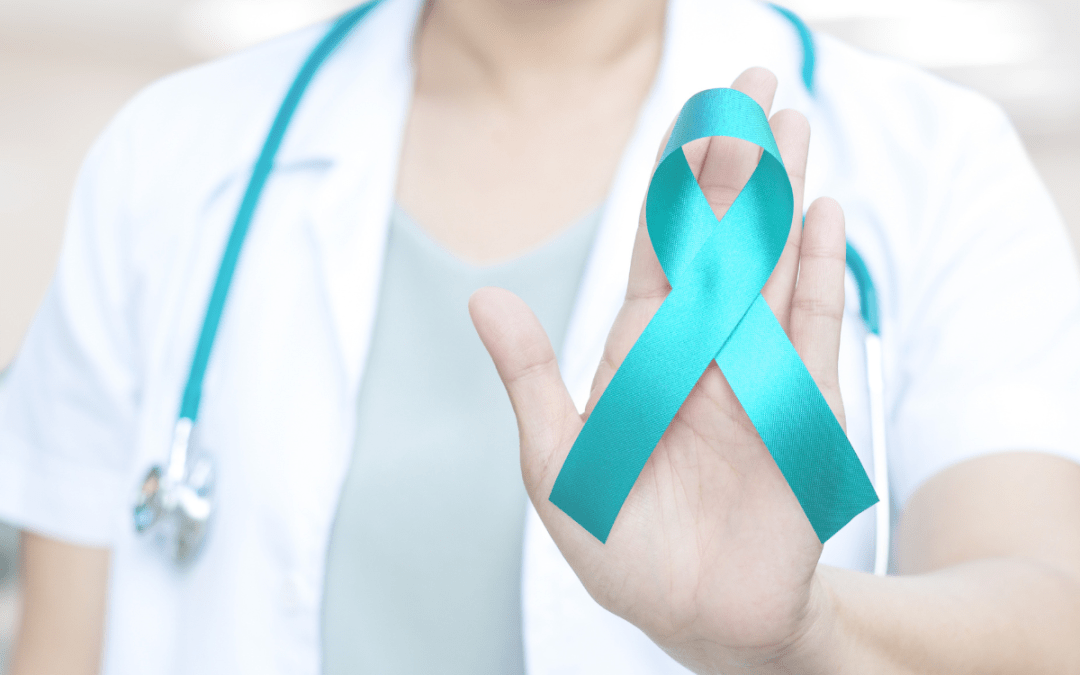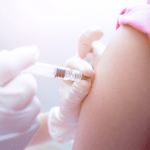As Cervical Cancer Prevention Week starts on 23rd January 2023, the UKHSA report on routine adolescent human papillomavirus (HPV) immunisation reveals a concerning decrease in uptake. In a statement published on the government website the UKHSA indicated that coverage in “year 8 and year 9 is yet to return to pre-pandemic levels”. Schools tend to be the primary point of contact for all 12 or 13-year-olds to receive the 2-dose schedule.
A worrying decline
The statement from UKHSA suggests that HPV vaccine coverage decreased by 7% in year 8 girls and 8.7% in year 8 boys between 2021 and 2022, in comparison with the previous academic year. Although data suggest that “the NHS has already caught up many children who missed out” due to the COVID-19 pandemic, “coverage remains below pre-pandemic levels”.
This trend is in line with “all the routine adolescent immunisation programmes”, which have suffered throughout the pandemic and not returned to the “pre-pandemic levels”.
“UKHSA is urging parents and guardians to ensure eligible young people are caught up with their HPV vaccine before they leave school.”
Dr Vanessa Saliba from UKHSA encouraged “everyone eligible” to take up the “potentially life-saving vaccine”. This applies to girls and boys in year 8. Acknowledging the fall in coverage during the pandemic, Dr Saliba recommended that “children and young people who have missed out on their HPV vaccinations” can contact their school nurse, immunisation team, or GP, to arrange a catch up.
“They remain eligible until their 25th birthday”.
HPV to cervical cancer: what’s the link?
The UKHSA claims that the UK HPV vaccination programme is “one of the most successful in the world” with “high uptake” and “millions of doses given since its launch in 2008”. In England, it has had a demonstrated effect, lowering rates of harmful infections and cervical cancer in vaccinated women. The “strongest effects” are seen in those who get the vaccine at “younger ages”. HPV vaccination also protects against “genital warts and other cancer of the genital areas and anus, as well as some cancers of the head and neck”.
A study in The Lancet in 2021 suggested that cervical cancer rates were 87% lower in young women who had been eligible for HPV vaccination since its launch, compared to other young women born a few years earlier. The study estimated that the programme had prevented about 450 cancers and 17,200 pre-cancers up to mid-2019.
Maria Caulfield, Minister for Women’s Health, was a “nurse who has worked on cancer units”. She identified the “importance of HPV vaccination in saving countless lives”.
“I encourage all 12 and 13-year-olds who are offered this vaccine to take it – it could save your life.”
Samantha Dixon of Jo’s Cervical Cancer Trust described the effects of the HPV vaccine as “incredible”.
“Around 9 women are diagnosed with cervical cancer every day in the UK and the vaccine is helping to change that”.
Beyond the vaccine
Apart from vaccinating as many young people as possible, UKHSA recommends that all women aged 25 and over attend cervical screening. This can detect early indicators of disease, thus preventing cancers and deaths. Maria Caulfield suggested that the screening process has been improved, “including opening up 24/7 laboratory screening and expanding the location options available”.
For more information on vaccination strategies that help prevent cancer, come to the World Vaccine Congress in Washington this April.





